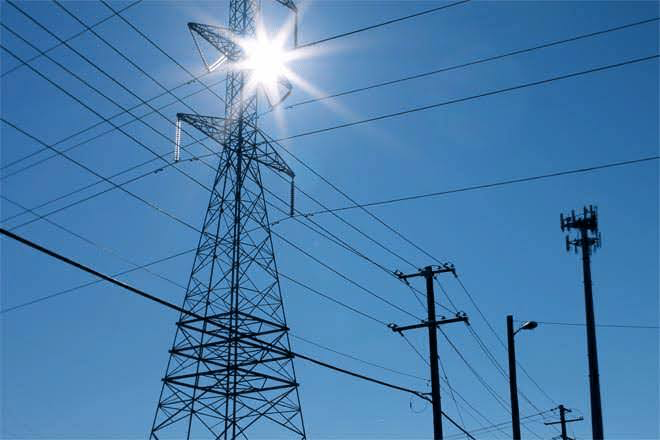South Africa is poised to make transformative strides in its electricity market, with significant updates to the Energy Action Plan revealed by the Minister of Electricity in the Presidency, Kgosientsho Ramokgopa. The nation is on the verge of ushering in a new era of power generation capacity, fueled by pivotal financing milestones and a groundbreaking market structure aimed at integrating private sector involvement more comprehensively.
At the heart of these reforms is the Electricity Regulation Amendment Bill, currently transitioning from the National Assembly to the National Chamber of Provinces (NCOP), with a consensus on its approval before the upcoming national elections in May. This legislation is poised to overhaul the current energy framework, facilitating a more streamlined process for the production and sale of electricity in South Africa.
Central to the bill is the establishment of the Transmission System Operator, to be managed by the newly formed National Transmission Company of South Africa (NTCSA). This entity will pioneer a market platform for electricity trading, democratizing the energy sector by enabling a diverse array of generation sources and buyers to engage in transactions. This initiative is expected to invigorate the market, attracting increased investment in new generation sources.
By diversifying generation and introducing competition, the bill aims to dismantle the monopoly held by Eskom, South Africa’s primary electricity provider. This shift promises a gradual reduction in electricity prices as the market matures, with buyers opting for the most cost-effective solutions.
In preparation for this seismic shift, all 119 Independent Power Producers (IPPs) currently contracted to Eskom have agreed to amended contracts, recognizing the NTCSA as their new buyer. Furthermore, all eight of Eskom’s lenders have welcomed the introduction of the NTCSA as a subsidiary responsible for electricity transmission.
Amidst these developments, the country remains committed to bolstering its generation capacity. The Minister acknowledged ongoing aggressive maintenance schedules by Eskom but reassured that efforts to decrease the Unplanned Capability Loss Factor (UCLF) would not wane, especially with winter’s heightened energy demand looming. To this end, Eskom is collaborating with the Department of Forestry, Fisheries, and Agriculture to expedite Environmental and Social Impact Assessments (ESIA), alongside other measures to accelerate renewable energy project approvals.
The streamlined process for renewable energy projects, particularly concerning environmental authorization and water use licenses, marks a significant leap towards expediting the deployment of new energy solutions. This aligns with the introduction of 120 approved energy projects that promise to inject up to 12,000MW of new energy generation into the national grid.
Complementing these efforts is the DTIC’s initiative to provide a one-stop shop for developers, aimed at simplifying applications across various departments for setting up new projects. This, along with Eskom’s Standard Offer Programme—which has already attracted over 1,000 MW worth of offers—underscores a collective commitment to overcoming the energy crisis.
In the realm of legal and regulatory approvals, the recent dismissal by the North Gauteng High Court of a bid to overturn environmental authorization for the proposed 3,000 MW Richards Bay gas plant, coupled with NERSA’s concurrence, highlights the multifaceted approach to securing South Africa’s energy future.
Eskom’s prioritization of six power stations, including Kusile and Majuba, further demonstrates the utility’s dedication to improving energy availability. This is complemented by developments in pumped hydro storage and the strategic use of diesel, illustrating a comprehensive strategy to address power shortages.
As South Africa stands on the cusp of a revolutionary transformation in its electricity sector, the Energy Action Plan and the forthcoming Electricity Regulation Amendment Bill represent a beacon of hope. These initiatives not only promise to enhance the nation’s generation capacity but also to introduce a competitive electricity market that could serve as a model for energy reform worldwide. With a focus on efficiency, sustainability, and inclusivity, South Africa is paving the way for a future where electricity is more accessible, affordable, and reliable for all its citizens.
Source: ESI Africa



